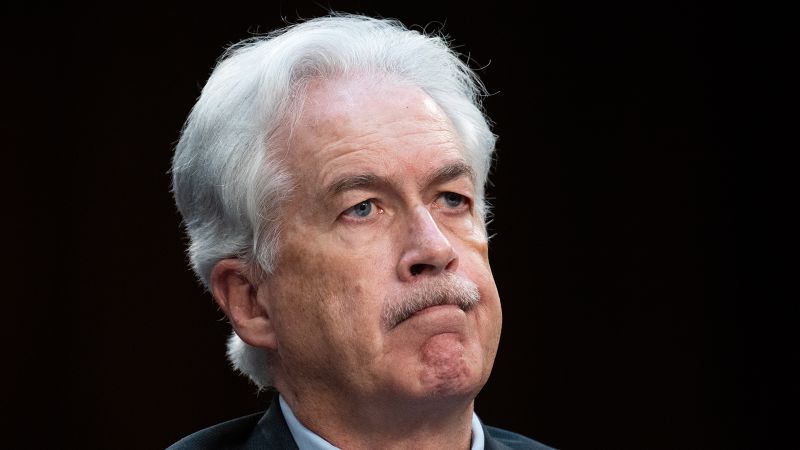CIA Director Bill Burns is working to revive talks on a ceasefire and a hostage deal between Israel and Hamas in an effort to bring an end to the war in Gaza. Burns is traveling to Europe to engage with key parties involved, including Egypt, Qatar, and Israel. Previous attempts at negotiations have collapsed, but Burns has been a crucial intermediary in the multiparty talks and is hoping to make progress this time.
The war in Gaza has resulted in significant devastation, with over 35,000 people dead and many Palestinians in urgent need of food, water, and medical assistance. The last temporary truce in November led to the release of more than 100 hostages, but there are still approximately 130 people being held captive by Israel. Despite ongoing efforts to broker a deal, achieving a lasting ceasefire has proven to be challenging, with various parties involved holding different positions and priorities.
Qatari Prime Minister Mohammed bin Abdulrahman bin Jassim Al Thani is also expected to participate in the talks in Paris. The involvement of key figures from Qatar, Egypt, Israel, and the United States highlights the importance of international cooperation in resolving the conflict. However, past negotiations have been complicated by unexpected changes in the terms of proposed agreements, leading to frustrations among the mediators and parties involved.
The talks were paused three weeks ago following Egypt’s independent alteration of a framework agreement that Israel had previously signed on to. This move by Egypt, without consulting other parties, caused confusion and discord in the negotiation process. The altered ceasefire proposal announced by Hamas did not align with what had been presented to them for review, causing further complications and delays in reaching a resolution.
The upcoming discussions are expected to focus on a broad framework for a ceasefire and hostage release plan. Hamas is pushing for the inclusion of the bodies of deceased hostages in the initial release, as well as a seamless transition into a second phase without interruptions. Israel has been resistant to these demands, adding to the challenges of reaching a mutual agreement. The involvement of key mediators like Burns, alongside international partners, will be critical in bridging the gaps and finding common ground for a sustainable peace deal.
Overall, the ongoing efforts to revive talks on a ceasefire and hostage deal in Gaza reflect the complex and multifaceted nature of the conflict. With multiple parties involved and differing priorities at play, reaching a mutually acceptable agreement will require sustained diplomatic engagement and cooperation. The international community’s role in facilitating negotiations and supporting a peaceful resolution remains crucial in addressing the humanitarian crisis and bringing an end to the protracted conflict in the region.


